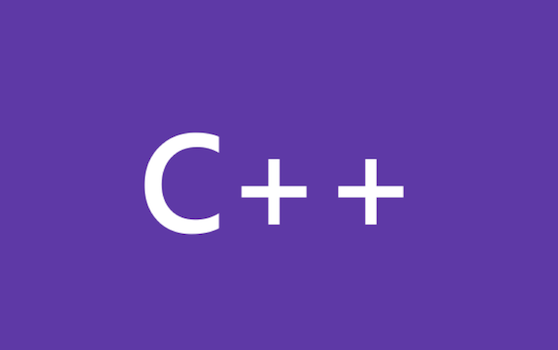CppCon 2019: Back to Basics: Const as a Promise--Dan Saks
 This year, CppCon 2020 is going virtual. The dates are still the same – September 14-18 – and we are aiming for the CppCon live event to have pretty much everything you’re familiar with at CppCon except moved online: multiple tracks including “back to basics” and a new “embedded” track; live speaker Q&A; live talk time zones friendly to Americas and EMEA (and we’re going to try to arrange around-the-clock recorded repeats in all time zones, where speakers who are available can be available for live Q&A in their repeated talks too, and we’ll do that if it’s possible – but we’re still working on it!); virtual tables where you can interact face-to-face online with other attendees just like at the physical event; virtual exhibitor spaces where you can meet the folks on your favorite product’s teams to ask them question face-to-face; pre- and post-conference classes; and even the CppCon house band playing live before every plenary session. All talk recordings will be freely available as usual on YouTube a month or two after the event, but everything else above will be available only live during CppCon week.
This year, CppCon 2020 is going virtual. The dates are still the same – September 14-18 – and we are aiming for the CppCon live event to have pretty much everything you’re familiar with at CppCon except moved online: multiple tracks including “back to basics” and a new “embedded” track; live speaker Q&A; live talk time zones friendly to Americas and EMEA (and we’re going to try to arrange around-the-clock recorded repeats in all time zones, where speakers who are available can be available for live Q&A in their repeated talks too, and we’ll do that if it’s possible – but we’re still working on it!); virtual tables where you can interact face-to-face online with other attendees just like at the physical event; virtual exhibitor spaces where you can meet the folks on your favorite product’s teams to ask them question face-to-face; pre- and post-conference classes; and even the CppCon house band playing live before every plenary session. All talk recordings will be freely available as usual on YouTube a month or two after the event, but everything else above will be available only live during CppCon week.
To whet your appetite for this year’s conference, here’s another of the top-rated talks from last year. Enjoy – and register today for CppCon 2020 – all the spirit and flavor of CppCon, this year all virtual and online!
Back to Basics: Const as a Promise
by Dan Saks
Summary of the talk:
The const qualifier has various uses in C++. One of the most valuable uses is in declaring function headings that constrain the effects of function calls. Using const appropriately can reduce bugs and development time by turning potential run-time errors into compile-time errors that are much easier to find and correct. Using const can even reduce your program’s code size and execution time.
Despite these benefits, too many C++ programmers still use const reactively rather than proactively. That is, they tend to add const as needed to quell compiler error messages, rather than design const in as they code. To get the most out of const, programmers really need to understand (1) when and where to place const in declarations, (2) when to leave it out entirely, and (3) how type conversions involving const behave.
The key insight about const is to understand const as a promise—a promise not to modify something. This session explains the real meaning of that promise and how that insight can guide you in declaring function parameters and return types. It also explains why you shouldn’t declare by-value parameters and return types as const, why overloading on const is such a useful and ubiquitous idiom, and why it is meaningful to declare constexpr member functions as const.

 This year, CppCon 2020 is
This year, CppCon 2020 is  This year, CppCon 2020 is
This year, CppCon 2020 is  Ready to try them?
Ready to try them?